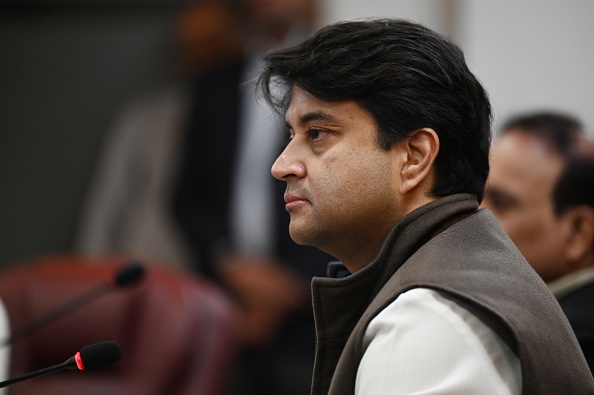Union Minister for Communications and Development of the Northeastern Region, Jyotiraditya Scindia, on Tuesday said India is fast becoming a global digital leader, with Wi-Fi expected to play a key role in bridging the digital divide. Speaking at a World Wi-Fi Day event organised by the Broadband India Forum in Delhi, Scindia called Wi-Fi an “invisible force capable of powering visible change.”
“Wi-Fi is not just about internet access; it’s about widespread inclusion,” the Minister said, adding, “Every hotspot must become a hope spot.”
Scindia noted that the Wi-Fi segment in India is projected to grow into a $22 billion industry by 2035, underscoring its transformative role in the country’s digital journey. He emphasised that connectivity today is no longer a luxury but a fundamental necessity — as crucial as access to capital and infrastructure was in the past.
Highlighting the government’s rural-first approach, Scindia said that India’s 5G use cases are being piloted in 13 villages across states like Andhra Pradesh and Madhya Pradesh, rather than beginning in urban centres. “We must light up every rural home, empower every aspiring mind, and fortify public services with the power of Wi-Fi,” he said.
The Minister also spoke of India’s strides in telecom technology, noting that the country has joined a select group of five nations that have developed their own 4G technology stack. This, he said, was achieved through collaboration between public and private sector players like CDOT, Tejas Networks, and Tata Consultancy Services (TCS).
“India today has become the leader of the digital world,” Scindia said, referring to the indigenous 4G stack developed domestically.
Citing data usage patterns, Scindia said India now accounts for 46 per cent of all digital transactions globally, outpacing the US, Europe, and China. He attributed this growth to India’s low-cost data model, which offers data at ₹9 per GB — far lower than the global average of \$2.49.
He also lauded the PM-WANI (Wi-Fi Access Network Interface) initiative, calling it a “game-changer” in expanding internet access in rural and underserved regions. Scindia stressed the importance of deregulating spectrum to enhance access further, noting that the recent de-licensing of the 6 GHz band will enable faster, more affordable connectivity. Guidelines for this policy, he said, would be announced before Independence Day 2025.
Calling on the industry to innovate in the hardware space, Scindia cautioned that device affordability must not become the next barrier to connectivity. “Connectivity is not a commodity; it is an act of nation-building,” he said.
The Minister urged a collective reflection on the power of wireless connectivity. “It gives us the freedom to connect, to create, and to rise,” he said.
ANI










